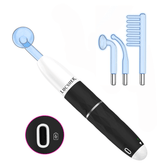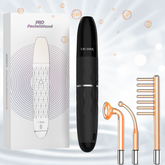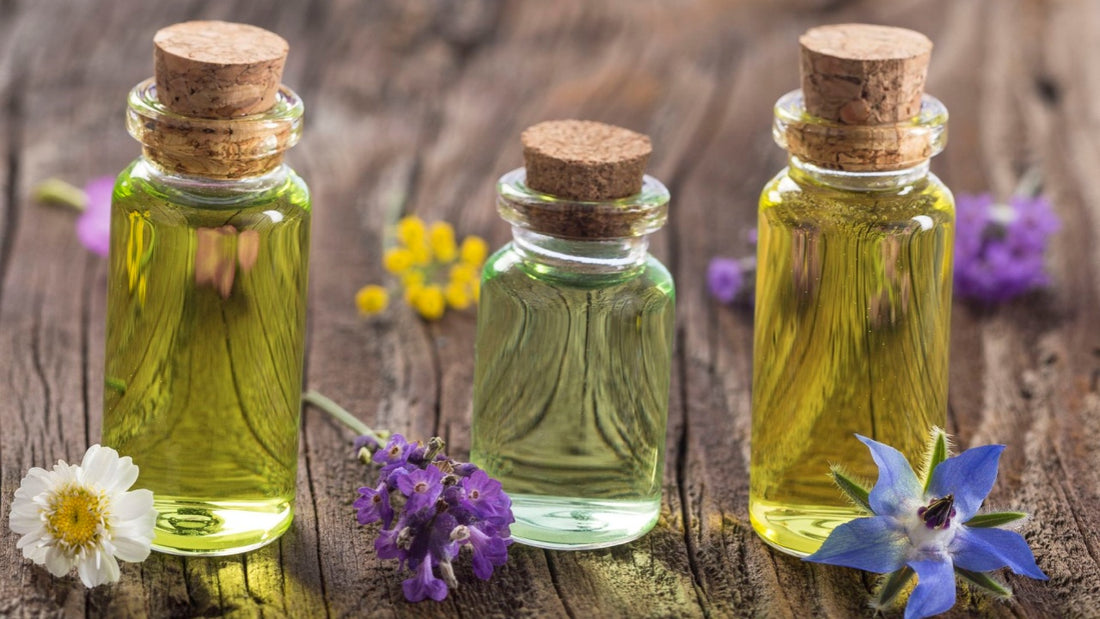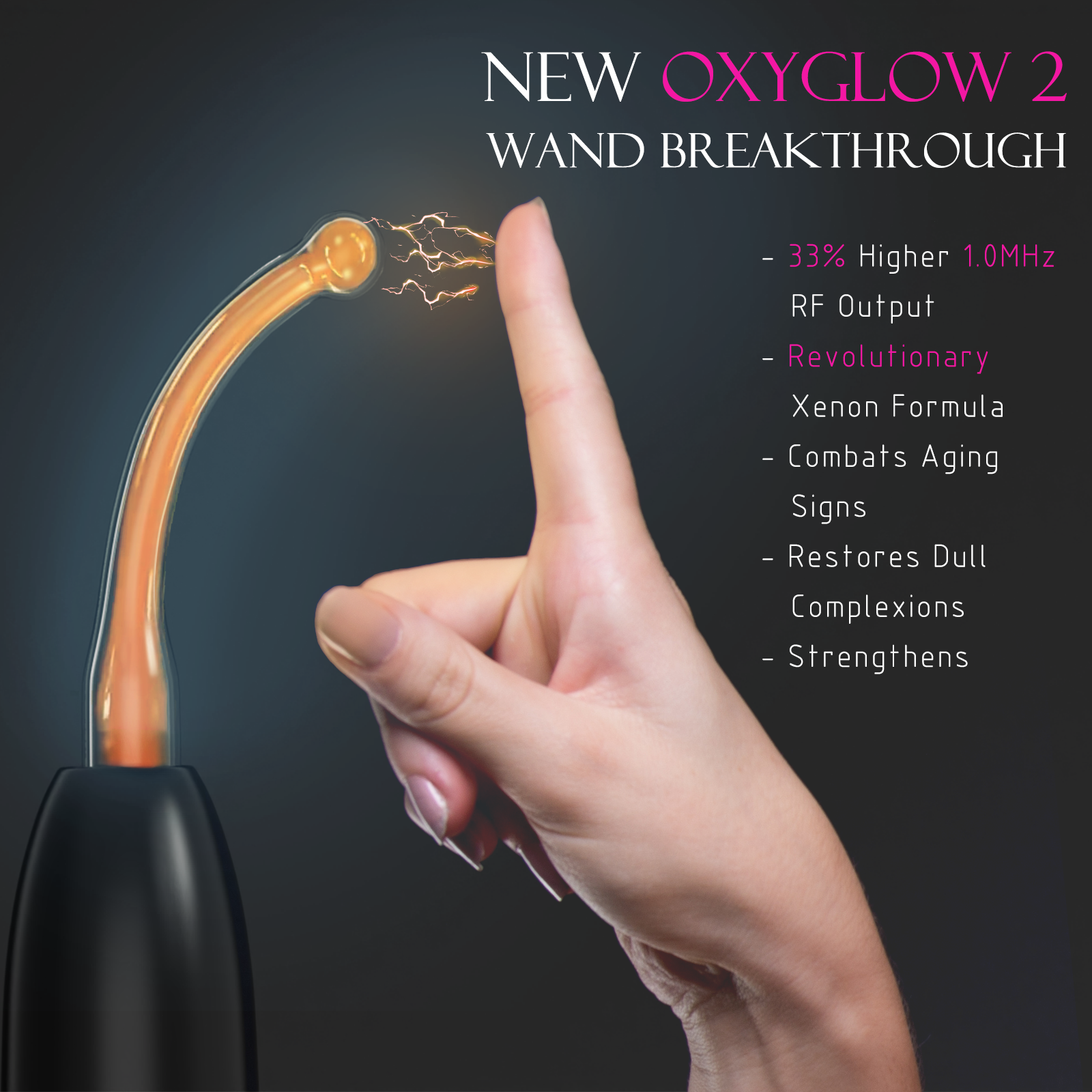Transform your home into a haven of tranquility and well-being with the power of essential oils. Whether you’re seeking relaxation, better sleep, or a mood boost, the right diffuser oils can create an atmosphere that nurtures your mind, body, and spirit. In this comprehensive guide, we’ll explore the world of essential oils and help you choose the perfect scents for your home and lifestyle.
Understanding Essential Oils
What are Essential Oils?
Essential oils are concentrated extracts derived from plants, capturing their natural aromas and therapeutic properties. These potent essences are obtained through careful processes such as steam distillation or cold pressing, preserving the plant’s most beneficial compounds.
Properties of Essential Oils
Each essential oil boasts a unique chemical composition, contributing to its specific benefits and aromatic profile. From calming lavender to invigorating peppermint, the world of essential oils offers a vast array of options to suit various needs:
- Calming oils: Lavender, Chamomile, Ylang Ylang
- Energizing oils: Peppermint, Lemon, Rosemary
- Balancing oils: Frankincense, Geranium, Clary Sage
The Science of Aromatherapy
The power of essential oils lies in their ability to interact with our olfactory system. When we inhale these aromatic molecules, they trigger a cascade of responses in our brain, particularly in the limbic system - the area responsible for emotions, memory, and behavior.
This direct connection between scent and our emotional center explains why aromatherapy can be so effective in promoting relaxation, reducing stress, and improving mood. It’s not just about pleasant smells; it’s about harnessing the natural power of plant essences to enhance our well-being.
Choosing the Right Essential Oils for Your Home
Consider Your Needs
When selecting essential oils for your home, it’s important to consider your specific needs and preferences. Here are some popular uses and the oils that best address them:
Relaxation and Stress Relief
For creating a calm and peaceful environment, consider these oils:
- Lavender: Known for its soothing properties, lavender can help reduce anxiety and promote relaxation.
- Chamomile: This gentle oil is excellent for easing tension and inducing a sense of calm.
- Bergamot: Uplifting yet relaxing, bergamot is perfect for reducing stress while boosting mood.
- Ylang Ylang: This floral oil promotes feelings of joy and relaxation.
Sleep Enhancement
If you’re looking to improve your sleep quality, try these oils:
- Lavender: Well-known for its sleep-inducing properties.
- Valerian: Helps improve sleep quality and duration.
- Roman Chamomile: Promotes relaxation and eases insomnia.
Mood Boost and Energy
For an invigorating atmosphere, consider these stimulating oils:
- Lemon: Uplifting and energizing, perfect for boosting mood and focus.
- Peppermint: Invigorating and refreshing, great for mental clarity.
- Rosemary: Stimulating and herbaceous, ideal for improving concentration.
Respiratory Support
To ease breathing and support respiratory health, try:
- Eucalyptus: Helps clear congestion and open airways.
- Peppermint: Soothes coughs and promotes easier breathing.
- Tea Tree: Known for its antimicrobial properties, helpful during cold and flu season.
Blending Essential Oils
Creating custom blends can enhance the therapeutic effects of aromatherapy. Here are some popular combinations to try:
- Relaxation Blend: 3 drops Lavender + 2 drops Chamomile + 1 drop Bergamot
- Sleep Blend: 3 drops Lavender + 2 drops Valerian + 1 drop Roman Chamomile
- Energy Blend: 2 drops Lemon + 2 drops Peppermint + 1 drop Rosemary
Experiment with different ratios and combinations to find what works best for you.
Essential Oils for Different Rooms in Your Home
Bedroom
Create a sleep sanctuary with these calming oils:
- Lavender: The quintessential relaxation oil, perfect for promoting restful sleep.
- Chamomile: Gentle and soothing, ideal for winding down before bed.
- Valerian: Known for its sedative properties, helpful for those with insomnia.
- Sandalwood: Grounding and calming, creates a peaceful atmosphere.
Diffuse these oils 30 minutes before bedtime to create a sleep-friendly environment.
Living Room
Set the tone for your main living space with these uplifting oils:
- Lemon: Brightens the mood and creates a welcoming atmosphere.
- Orange: Warm and inviting, perfect for social gatherings.
- Peppermint: Invigorating and refreshing, great for alertness.
- Rosemary: Stimulating and herbaceous, ideal for focus and clarity.
These oils can help create an energizing and inviting atmosphere for family time or entertaining guests.
Bathroom
Transform your bathroom into a spa-like retreat with these refreshing oils:
- Eucalyptus: Creates a clean, invigorating scent perfect for the bathroom.
- Tea Tree: Known for its purifying properties, helps maintain a fresh environment.
- Lemon: Adds a clean, crisp scent that’s perfect for bathrooms.
These oils not only create a pleasant aroma but also help purify the air in your bathroom.
Home Office
Boost productivity and focus in your workspace with these oils:
- Rosemary: Improves concentration and memory.
- Peppermint: Increases alertness and mental clarity.
- Lemon: Enhances mood and cognitive performance.
Diffuse these oils during work hours to create an atmosphere conducive to productivity and creativity.
Safety and Precautions
While essential oils offer many benefits, it’s crucial to use them safely and responsibly.
Quality and Purity
Always choose high-quality, therapeutic-grade essential oils from reputable sources. Look for oils that:
- Are 100% pure, with no synthetic additives
- Include the Latin name of the plant on the label
- Come in dark glass bottles to protect the oil from light degradation
- Have a lot number and expiration date
Avoid oils that seem unusually cheap, as they may be adulterated or of low quality.
Dilution
Most essential oils should be diluted before use, especially for topical application. For diffusion, follow these general guidelines:
- Use 3-5 drops of essential oil per 100ml of water in your diffuser.
- Start with less and increase as needed.
- Take breaks between diffusion sessions to avoid overwhelming your senses.
Pregnancy and Children
Some essential oils may not be suitable for use during pregnancy or around young children. Always consult with a healthcare professional before using essential oils if you are pregnant, nursing, or have young children in the home.
Allergic Reactions
Before using a new essential oil, perform a patch test to check for any allergic reactions. Apply a small amount of diluted oil to the inside of your elbow and wait 24 hours. If any irritation occurs, discontinue use.
Conclusion
Essential oils offer a natural and effective way to enhance your home environment, promoting relaxation, better sleep, and overall well-being. By understanding the properties of different oils and how to use them safely, you can create a personalized aromatherapy experience that suits your needs and preferences.
Remember, the journey to finding your perfect essential oil blend is a personal one. Take time to explore different scents and combinations, and enjoy the process of transforming your home into a sanctuary of calm and rejuvenation.
Whether you’re seeking stress relief, better sleep, or simply a more inviting atmosphere, the world of essential oils has something to offer. Embrace the power of aromatherapy and discover how these natural essences can enhance your daily life and create a more harmonious home environment.
Resources
For more information on aromatherapy and essential oils, check out these reputable resources:
- National Association for Holistic Aromatherapy
- Aromatherapy Trade Council
- Alliance of International Aromatherapists
Frequently Asked Questions
Q: Are essential oils safe for everyone?
A: While generally safe when used properly, some individuals may be sensitive to certain essential oils. It’s always best to start with a small amount and observe any reactions. Pregnant women, young children, and those with certain health conditions should consult a healthcare provider before using essential oils.
Q: Can essential oils cause allergies?
A: Some people may be allergic to certain essential oils. Always perform a patch test before using a new oil, and discontinue use if you experience any allergic reactions such as rashes, itching, or difficulty breathing.
Q: How often should I use essential oils?
A: This can vary depending on the individual and the oils used. Generally, it’s recommended to use a diffuser for 30-60 minutes at a time, with breaks in between. Pay attention to how you feel and adjust usage accordingly.
Q: What are the potential side effects of using essential oils?
A: When used properly, side effects are rare. However, overuse or using undiluted essential oils may cause headaches, nausea, or skin irritation in some individuals. If you experience any adverse effects, stop using the oils and consult a healthcare provider.









